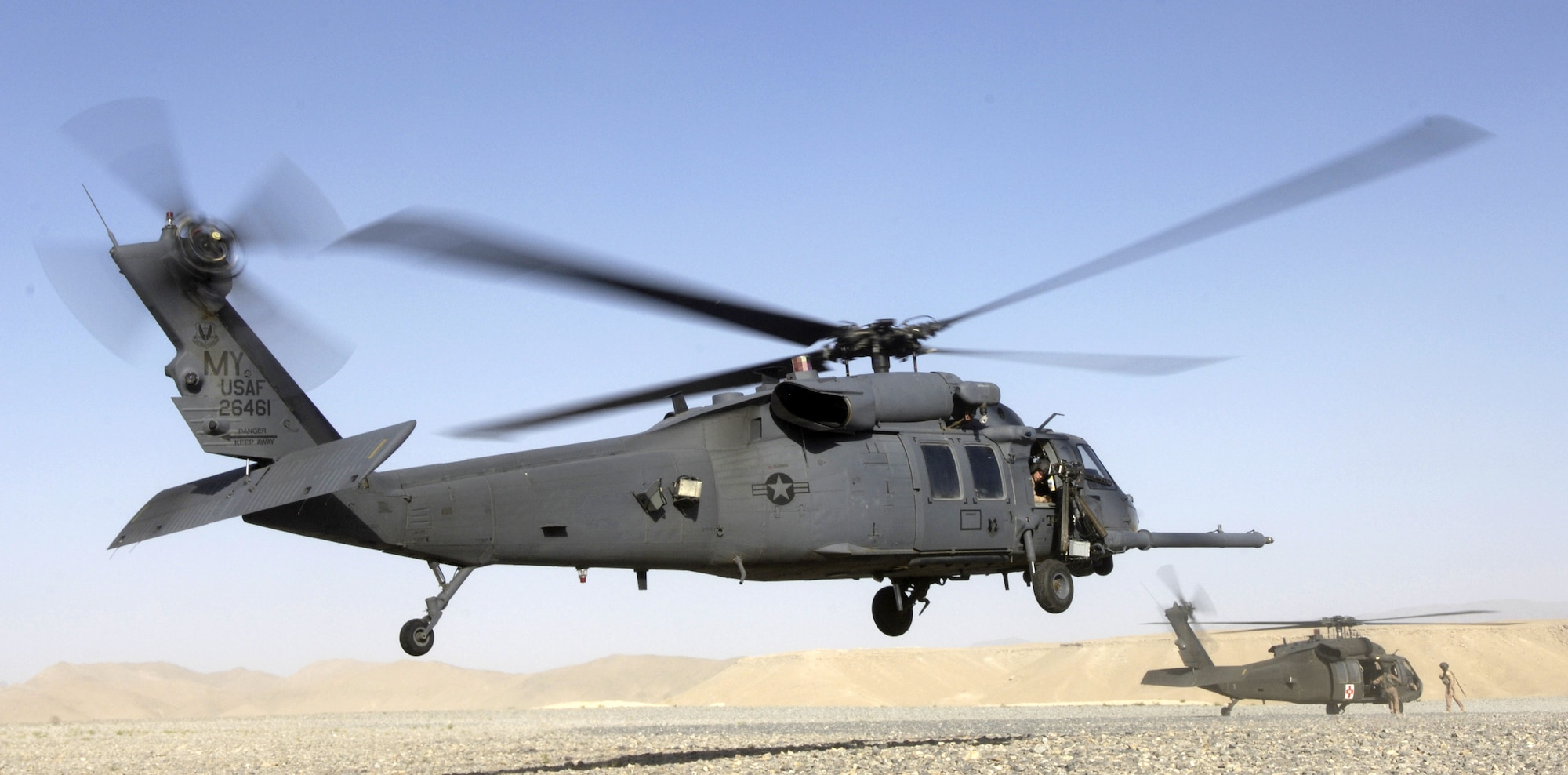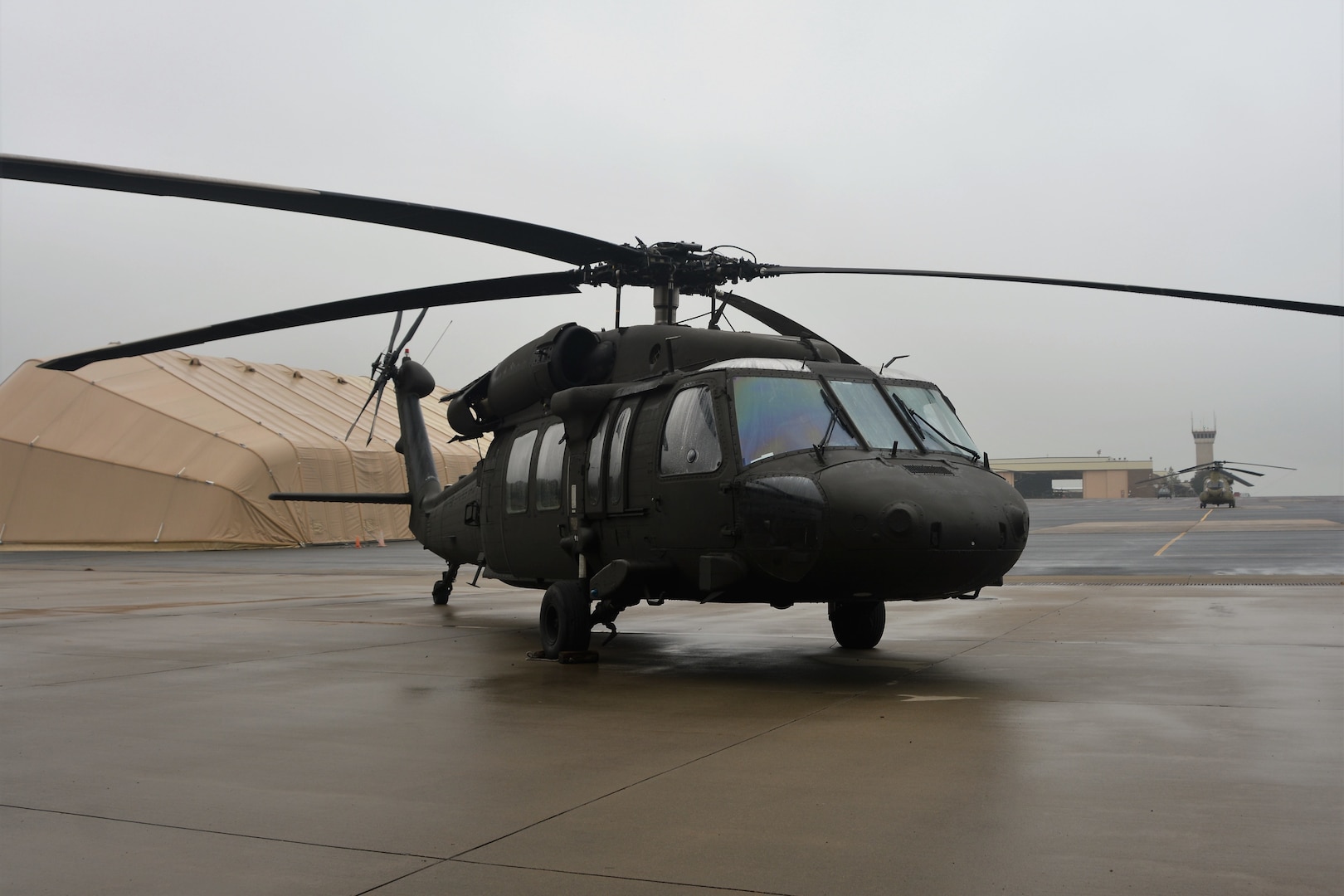UH 60 Black Hawk: From Concept to Contemporary Applications
UH 60 Black Hawk: From Concept to Contemporary Applications
Blog Article
The Impact of Sustainable Practices on the Future of Aircraft Operations and Emissions Decrease
As the aviation market encounters increasing analysis over its environmental impact, the fostering of sustainable methods emerges as a vital pathway toward future aircraft procedures and emissions decrease. Advancements in sustainable aviation gas and innovations in crossbreed propulsion modern technologies stand at the center of this makeover, appealing significant reductions in greenhouse gas discharges.

Summary of Sustainable Practices
Sustainable methods in aircraft operations incorporate an array of techniques targeted at minimizing environmental impact while maintaining operational efficiency. These techniques are essential in the aviation sector's commitment to decreasing its carbon impact and sticking to worldwide environmental criteria. Key campaigns consist of enhancing flight paths to decrease fuel consumption, boosting maintenance methods to make sure aircraft run at peak performance, and carrying out sophisticated modern technologies such as winglets and lightweight products that boost aerodynamics.

Training and involving staff on sustainability methods also play an essential role, promoting a society of ecological responsibility within companies. Overall, the combination of these lasting techniques not only assists minimize exhausts yet additionally enhances the lasting viability of the air travel field, guaranteeing it satisfies the demands of both consumers and regulatory bodies while adding to international sustainability objectives.
Cutting-edge Fuel Alternatives
Many cutting-edge gas choices are emerging as pivotal solutions to decrease the air travel market's dependence on traditional fossil fuels. Amongst these options, Sustainable Air travel Gas (SAFs) have actually gotten significant interest because of their prospective to reduce lifecycle greenhouse gas discharges by as much as 80% contrasted to conventional jet gas. SAFs are originated from numerous feedstocks, consisting of waste oils, agricultural deposits, and also algae, making them a flexible alternative for the industry.
An additional appealing option is hydrogen fuel, which, when utilized in gas cells, produces just water vapor as a result. Furthermore, electric propulsion systems are being discovered, leveraging battery modern technology to power aircraft.
Finally, biofuels stemmed from biomass are being examined, using a sustainable option that can be combined with standard gas. Jointly, these innovative gas options stand for a critical action towards accomplishing a lasting air travel ecosystem, straightening with global discharges reduction targets and improving the industry's environmental stewardship.
Technical Advancements in Aeronautics

Just how can technological improvements improve the future of aviation? Technologies such as electric and hybrid propulsion systems are at the center, encouraging substantial decreases in gas intake and greenhouse gas emissions.
Moreover, the implementation of advanced materials, such as light-weight composites, contributes to boosted aerodynamics and gas effectiveness. Making use of expert system and device discovering in trip operations maximizes course planning and minimizes fuel burn by enabling real-time changes based on climate and traffic conditions. Additionally, the advancement of self-governing and remotely piloted airplane systems stands to change cargo and guest transport, possibly enhancing performance while lessening human mistake.
Furthermore, lasting aeronautics technologies, including innovative air traffic management systems, can simplify operations and reduce congestion, leading to reduced exhausts during trip. These innovations jointly represent a paradigm change in aeronautics, assuring a future where sustainability and operational performance are intertwined, consequently sustaining the industry's commitment to lowering its environmental influence.

Regulatory Framework and Compliance
Taking into account the growing emphasis on environmental stewardship within the aeronautics field, the governing structure governing airplane procedures is advancing to advertise lasting methods. Governing bodies, such as the International Civil Aeronautics Company (ICAO) and various national aviation authorities, are introducing strict guidelines aimed at reducing emissions and enhancing functional efficiency.
These laws usually consist of the fostering of Lasting Air travel Fuel (SAF), which has been identified as a crucial part in attaining reduced carbon footprints. Moreover, compliance with these regulations calls for airlines to execute advanced technologies and functional methods, such as maximized trip courses and boosted air traffic monitoring, to lessen fuel intake.
In addition, the enforcement of discharges trading schemes and carbon countering efforts is becoming significantly prevalent, compelling airlines to keep an eye on and report their emissions properly. Non-compliance can result in considerable penalties, hence pushing drivers to prioritize sustainability in their service models.
Inevitably, the advancing regulative landscape not only drives advancement and financial investment in environment-friendly technologies but also promotes a society of accountability within the aeronautics industry. As these frameworks proceed to create, the concentrate on sustainable practices will certainly be essential to attaining the sector's long-lasting ecological goals.
Future Patterns in Airplane Procedures
As the web air travel industry adapts to an increasingly rigorous governing environment, future patterns in airplane procedures are established to concentrate on innovative services that better boost sustainability and efficiency - uh 60. Secret advancements will likely include the fostering of advanced air traffic administration systems, helpful site which use real-time data and fabricated knowledge to maximize flight paths, reducing fuel consumption and exhausts
Another significant trend is the enhanced combination of sustainable aviation gas (SAFs) These choices to conventional jet fuel, originated from renewable sources, can substantially reduce lifecycle greenhouse gas discharges. The market's commitment to SAFs will likely speed up as airlines collaborate with gas manufacturers to make sure accessibility and cost-effectiveness.
Additionally, the push in the direction of electrification and crossbreed propulsion systems is obtaining momentum. Emerging aircraft styles will certainly integrate these innovations, providing quieter and much more effective operations, especially for short-haul trips.
Conclusion
To conclude, the assimilation of sustainable methods in aircraft operations holds significant potential for discharges reduction and enhanced performance. The fostering of sustainable aviation fuels, coupled with innovations in hybrid and electric propulsion systems, is essential for minimizing lifecycle greenhouse gas exhausts. Additionally, enhancing flight courses and accepting cutting-edge modern technologies add to a quieter and much more eco-friendly aviation sector. Jointly, these efforts straighten with worldwide sustainability goals and lead the method for a greener future in aviation.
Advancements in sustainable aeronautics fuels and innovations in hybrid propulsion innovations stand at the center of this change, promising considerable decreases in greenhouse gas emissions.Various cutting-edge fuel alternatives are why not try this out emerging as crucial services to minimize the aeronautics industry's reliance on standard fossil gas - uh 60. Among these choices, Sustainable Air travel Gas (SAFs) have actually gained considerable attention due to their prospective to reduce lifecycle greenhouse gas exhausts by up to 80% contrasted to conventional jet fuels.Another substantial fad is the increased integration of sustainable air travel gas (SAFs) The adoption of lasting aviation fuels, paired with developments in electric and hybrid propulsion systems, is important for reducing lifecycle greenhouse gas emissions
Report this page